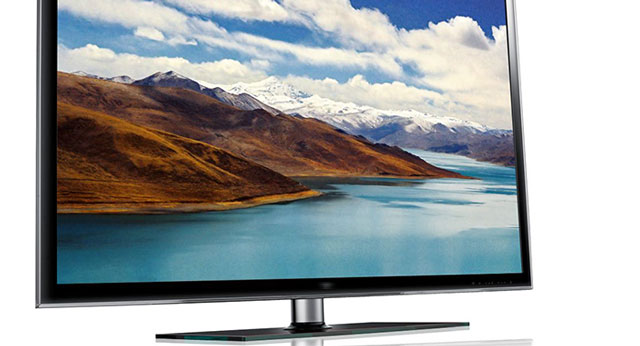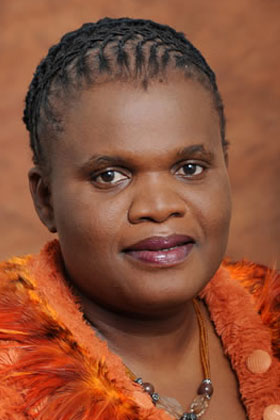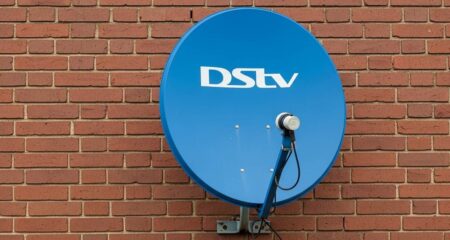
In what can only be described as a victory for MultiChoice and its industry allies, government has rejected any notion of an encryption system based on conditional access in its final amendment to South Africa’s broadcasting digital migration policy.
The final amendments, published on Wednesday in the Government Gazette, make it clear that government now does not support proposals advanced by e.tv and others that encryption should form a cornerstone feature of the set-top boxes that South Africans will need to watch terrestrial television after analogue broadcasts are terminated.
It also appears, on TechCentral’s reading of the final policy changes, that international digital TV receivers based on the DVB-T2 standard that South Africa has adopted will work, meaning those with integrated digital TVs will not be required to buy a set-top box.
“In keeping with the objectives of ensuring universal access to broadcasting services in South Africa and protecting government investment in [the] subsidised [set-top box] market, [the set-top box] control system in free-to-air [digital terrestrial TV] will be non-mandatory,” the final policy amendment reads.
It’s not immediately clear how this decision will protect the South African electronics manufacturing industry, a stated goal of the policy.
Barring any legal challenges, the publication of the final policy changes should pave the way to the switch-on of commercial digital broadcasts in South Africa. Communications minister Faith Muthambi is expected to announce the switch-on date for digital TV as well as the switch-off date for analogue broadcasts in the coming weeks.
Various commercial and political disputes have long delayed South Africa’s migration from analogue to digital television, with an International Telecommunication Union (ITU) deadline to terminate analogue transmissions looming large. South Africa and other nations committed to the ITU that they would switch off analogue signals by 17 June 2015, a deadline that South Africa has now admitted it will miss, possibly by as much as two years.
The final policy changes mark a significant shift in approach by government, which under previous communications minister Yunus Carrim had proposed the inclusion of an encryption system (although access to it would have not have been free for prospective pay-TV broadcasters).
Encryption systems based on conditional access are typically used by pay-TV operators to switch on paying subscribers and switch off those who aren’t clients.
But e.tv has said it was needed in South Africa to allow free-to-air broadcasters to compete more effectively against the entrenched dominance of MultiChoice.
E.tv argued the system was needed to ensure access to the latest international content and that without it the free-to-air sector risked being “ghettoised”.

MultiChoice, on the other hand, has argued, among other things, that including a control system based on encryption in government-subsidised set-top boxes would have amounted to an unfair subsidy, allowing prospective pay-TV broadcasters a free ticket to compete.
In the final policy amendments, government says the set-top boxes will have a control system to prevent subsidised units from functioning outside South Africa.
The final amendments say, too, that the boxes will have a “robust control system that will be used to benefit the TV households by ensuring that they continue to receive free-to-air broadcasting services in their existing analogue television sets”, although it’s not immediately clear what’s meant by this or why this change was included.
Specifically, the amended policy says: “The [set-top box] control system for the free-to-air [digital terrestrial television set-top boxes] shall not have capabilities to encrypt broadcast signals for the subsidised [set-top boxes] and [will] be used to protect government investment in [the] subsidised [the set-top box] market, thus supporting the local electronic manufacturing sector.”
The amendments say, too: “Depending on the kind of broadcasting services broadcasters may want to provide to their customers, individual broadcasters may at their own cost make decisions regarding encryption of content.”
In addition, the South African Bureau of Standards “will develop a conformance testing regime to ensure that [set-top boxes] conform to the South African standards for the South African [digital terrestrial television] electronic communications network”. — © 2015 NewsCentral Media




